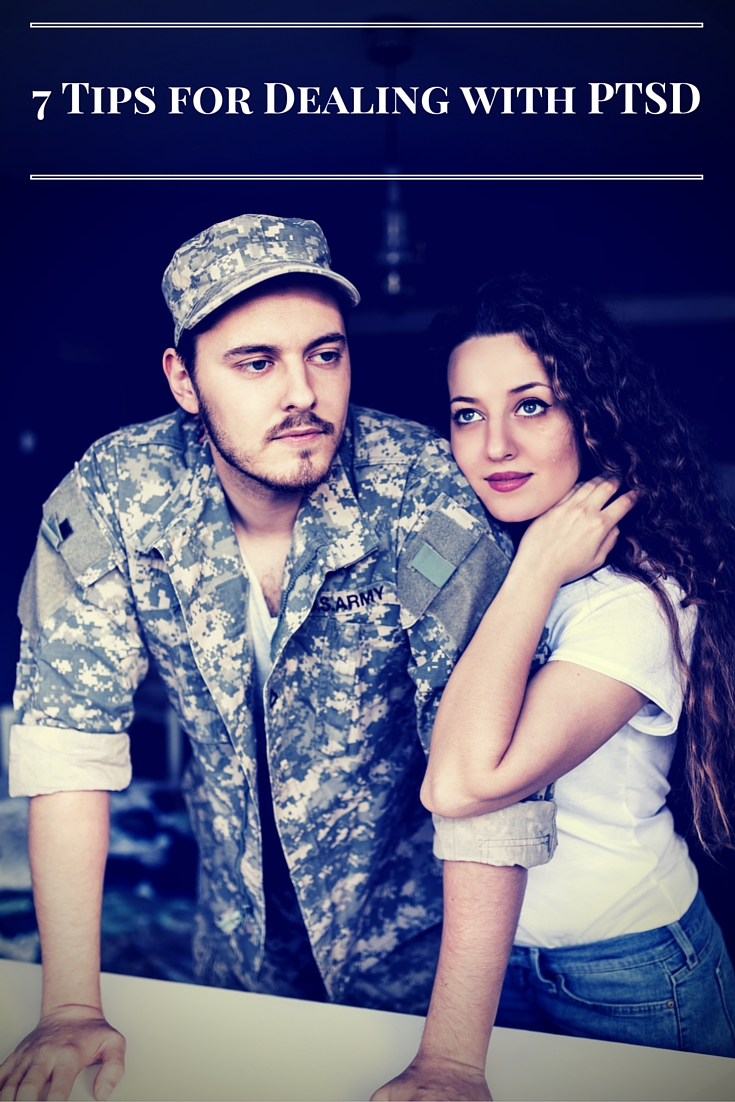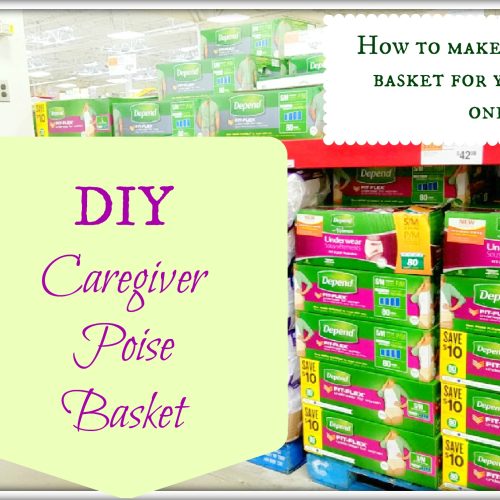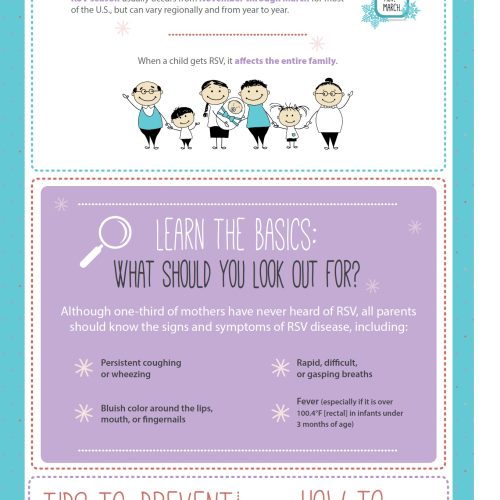If someone you know is dealing with PTSD, the struggle is real! Post Traumatic Stress Disorder (PTSD) is a condition that causes night sweats, night terrors, anxiety, and uncontrollable thoughts due to the trigger of a terrifying event. Our military sees and experiences some of the most horrific things including death, torture, and child bombings, sacrificing their mental health for the freedom of mankind. This sacrifice comes with very real symptoms such as avoidance, negative changes in mood, changes in emotional reactions, and severe flashbacks. If you are around a brave, sacrificing soldier dealing with, here are 7 tips that can help you deal with it:
7 Tips for Dealing with PTSD
- Be Understanding: The sacrifice your soldier made is much more than you or I will ever know and the best thing we can do for him is to be understanding. It may be hard to watch a loved one go through the tortures of PTSD and it may be difficult to experience some of these things, but try to put yourself in their shoes. Think about what they must have seen to be going through what is happening.
- Don’t Pressure the Person: In order to understand, you may want your loved one to talk about what is going on and explain it, but pressuring the person to talk can make it worse, and make him go further into avoidance. Never pressure your loved one to talk about something; instead, just make it known that you are there to talk if he or she wants to.
- Educate Yourself: Because the loved one with PTSD may not want to talk about it, it is important to educate yourself on what PTSD is and what the effects are so you know what to watch for. Educating yourself will help you spot a trigger before it happens and ultimately save your loved one from struggling further.
- Build Trust: The trauma of PTSD alters the way the individual generic ativan canada sees the world, and can make it hard for the person to trust others and themselves. There are several ways you can build your loved ones sense of security to help with recovery time:
- Express your commitment to the relationship openly and continuously.
- Make a schedule and stick to it.
- Minimize stressful situations and provide opportunities for alone time.
- Keep your promises to your loved one. Follow through helps build trust.
- Believe in them. Your loved one needs to know you believe in their recovery and you will be there to get them through it.
- Encourage Treatment: Though you don’t want to be pushy, it is important to express the benefits of treatment and how treatment will help your loved one. The more it doesn’t seem like a weakness, the easier treatment will be.
- Anticipate the Triggers: If you can anticipate your loved ones triggers, you can help reduce the amount of triggers around him or her. Here are some of the most common triggers:
- Sights, sounds, and feelings that are associated with what happened to cause the PTSD.
- Important dates, times, or years.
- Funerals, hospitals, and medical facilities.
- Pressures, arguments, family struggles.
- Places that feel confining like crowds, offices, traffic.
- Physical discomfort such as pain, thirst, hunger, tiredness, or sexual frustration.
- Take Care of Yourself: Helping someone with PTSD may be difficult, but it is important to take care of yourself first. You won’t be any good to your loved one if you are burned out with frustration, anxiety, and stress as that will rub off causing triggers to worsen. Take time for you to relax and cope so that you can in return help your loved one relax and cope.
PTSD is a struggle for many people, but it can be overcome, and helped with the right support system in place. Remember, the person who has PTSD has already overcome a traumatic event in their lives, and with that amount of fight, they can overcome PTSD too!
Check out this article on PTSD.



